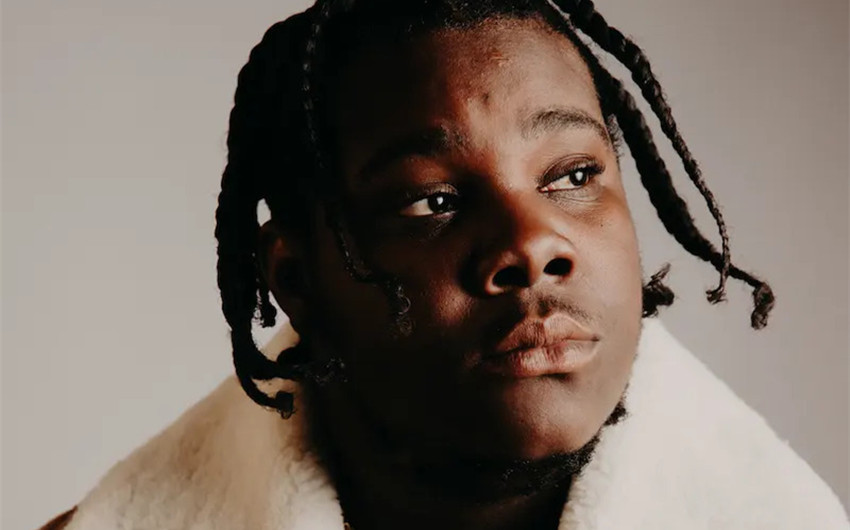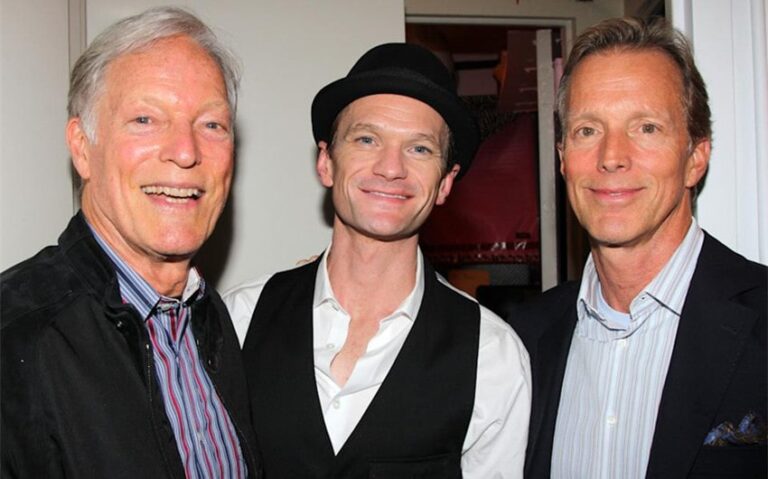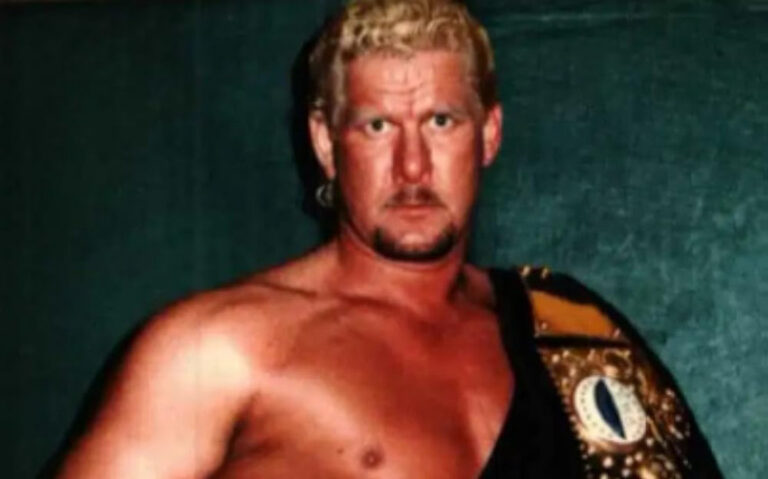How Byron Messia’s Net Worth Reflects His Rise from Caribbean Roots to Stardom
When you start digging into Byron Messia’s net worth, you’re not just tracing numbers—you’re watching a cultural ascent in real time. His name might still be new to some, but in just a few short years, Byron Messia has gone from recording in the Caribbean to charting internationally. His net worth, though modest by superstar standards, tells a bigger story. It’s a story about hustle, regional pride, and the growing power of artists who build their platforms from the ground up. As of now, estimates place his net worth somewhere between $300,000 and $1 million, but with the momentum he’s carrying, that number might only be the beginning.
Who Is Byron Messia? From St. Kitts to Streaming Charts
Byron Messia is one of those artists whose identity feels rooted in more than one place—and that complexity shapes his music. Born in Jamaica but raised in St. Kitts, he carries both cultural influences with him. He’s not just making Caribbean music; he’s helping redefine what that even means. His sound blends island rhythms with gritty storytelling, melodic hooks, and a tone that resonates far beyond his home base.
What makes Byron’s story especially compelling is how it all started. Like many independent artists, he began with limited resources and relied on digital platforms to get his music out. Early fans found him on YouTube and SoundCloud, drawn to his raw delivery and personal lyrics. He wasn’t trying to imitate what was already popular—he was building something different. And it worked. In 2023, his track “Talibans” went viral, catching the attention of major industry players and turning him into one of the most talked-about new voices in Caribbean hip-hop.
“Talibans” didn’t just rack up views—it sparked conversation. Its haunting tone, heavy beat, and introspective lyrics hit a chord with listeners around the world. Soon after, Byron found himself fielding calls from major artists and labels. His remix of “Talibans” with Nigerian superstar Burna Boy only added fuel to the fire, bridging the Caribbean and Afrobeats scenes in a way that felt fresh and timely. At that point, Byron Messia was no longer just a local talent—he was a global contender.
Breaking Down Byron Messia’s Net Worth
As of early 2025, Byron Messia’s net worth is estimated to fall somewhere between $300,000 and $1 million. That range reflects his position as an artist in transition—from viral newcomer to potential star with long-term staying power. He’s not yet pulling in eight-figure deals, but the foundation he’s built could take him there. So where is the money coming from—and how is it stacking up?
Music Sales and Streaming Revenue
One of the most immediate and consistent sources of income for Byron Messia is streaming. His breakout song “Talibans” alone has pulled in millions of plays across Spotify, Apple Music, YouTube, and other platforms. Every stream counts toward royalties, and when you’re seeing numbers in the tens of millions, those earnings start to add up quickly. Even at standard industry payout rates, which can be modest per stream, the volume creates substantial revenue.
Beyond just singles, Byron has also released projects like EPs and albums, further growing his catalog. With more music in circulation, he gains not just one-time attention but a recurring income stream that compounds over time. And with his rising popularity, those streams continue to grow—especially as more fans discover older tracks through algorithmic recommendations and social media buzz. This kind of digital visibility, when managed well, becomes a reliable income engine for independent artists.
Live Performances and Touring
Another major contributor to Byron Messia’s net worth is live performance. Once “Talibans” exploded, so did his demand as a live act. From club gigs across the Caribbean to international festivals and shows in the U.S. and Europe, he’s quickly becoming a draw for promoters looking to tap into the next big sound. Each appearance brings performance fees, often accompanied by perks like travel, accommodations, and sometimes a cut of merchandise sales.
Touring not only brings in immediate cash—it also helps him build brand recognition and fan loyalty. Artists who put on memorable live shows tend to develop long-term relationships with their audiences, which translates into better ticket sales, more streams, and greater leverage when negotiating future deals. For Byron, every performance is both a paycheck and a marketing move, strengthening his presence across different markets.
Collaborations, Deals, and Media Exposure
Collaborations have played a strategic role in boosting Byron Messia’s visibility and earnings. His remix with Burna Boy was more than just a hit—it was a statement. It aligned him with one of Africa’s biggest stars and introduced him to entirely new audiences. Collaborations like this often come with label-backed promotion, performance opportunities, and shared streaming revenue.
At the same time, Byron has benefited from growing media exposure. Interviews, music videos, magazine features, and radio appearances all help expand his reach. As his name gains traction, so does his value as a collaborator and brand. These collaborations don’t just build his musical credibility—they also attract attention from brands, investors, and potential endorsement partners. While no major endorsements have been widely reported yet, it’s likely only a matter of time before that stream opens up.
Independent Brand Building
What sets Byron Messia apart from many peers is his early emphasis on independence. Even as label interest increases, he’s maintained a strong grip on his image, content, and creative direction. That kind of control isn’t just about pride—it’s also about money. Artists who retain rights to their masters and publishing typically see higher long-term earnings than those who give up control early in exchange for quick advances.
Byron has also begun developing his own brand through merchandise and local endorsements. While not always headline-grabbing, these revenue streams are important for building a self-sustaining career. Selling T-shirts, hats, or exclusive content directly to fans might not make headlines, but it creates meaningful engagement and steady income. The more ownership Byron retains over his image and work, the more he’ll benefit as his career continues to grow.
Featured Image Source: clashmusic.com







